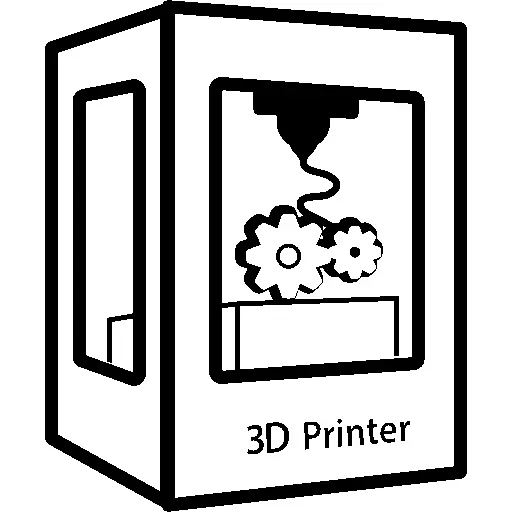Our wedding was under 5k, excluding dress and suit. Immediate family and close friends only, less than 40 people. Major expenses were the photographer, food and booze. We rented a cheap, small place in the countryside, we planned and did everything else ourselves, having a kanban board in the kitchen for a year was fun! My wife even did the cakes herself because she’s an amazing amateur pastry chef. No DJ, but I spent months on and off curating a playlist with a good flow and steadily increasing intensity.
It was the perfect wedding. Huge amount of work but 100% worth it.






★☆☆☆☆
Substituted a knife for the spoon and caulk for peanut butter. Awful taste, horrible recipe. Do not recommend. Would put zero stars but it won’t let me.
Karen, MO